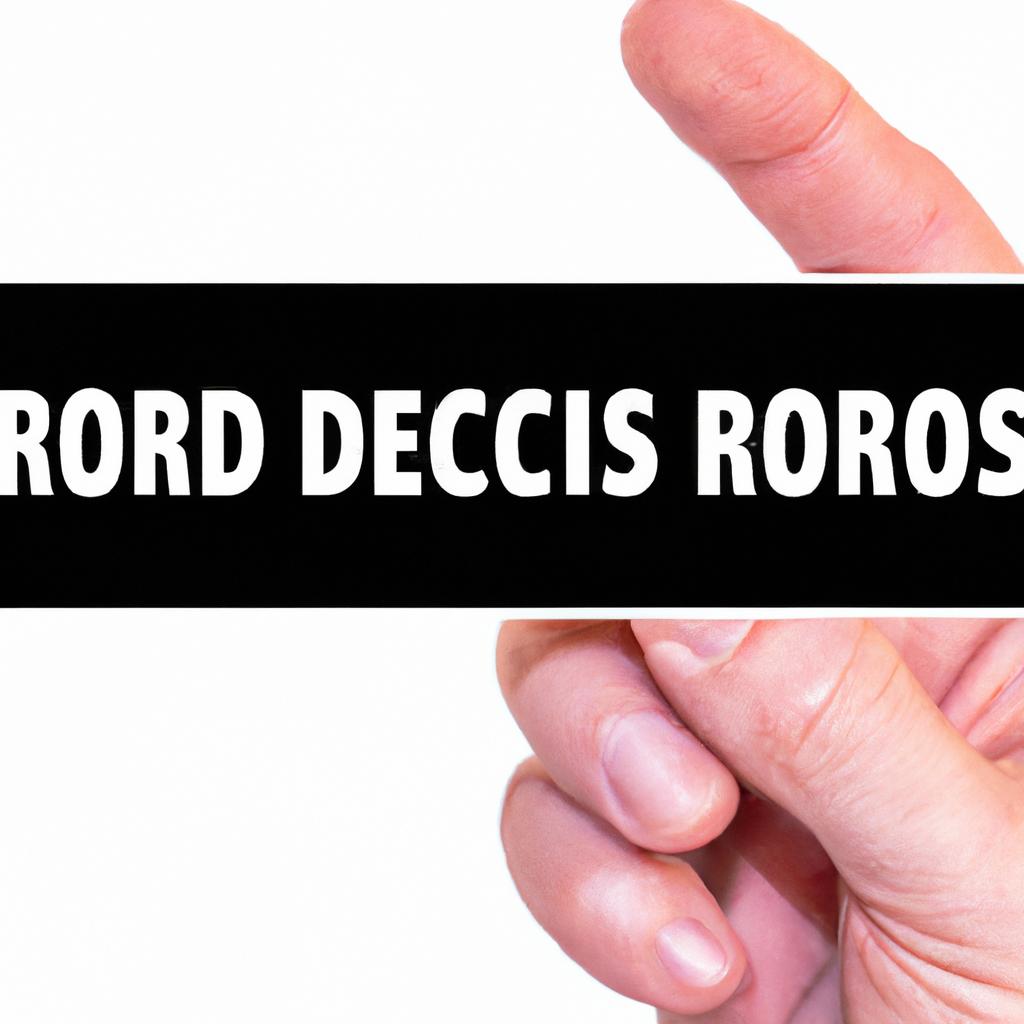In the intricate web of life, there comes a time when we must face the inevitable reality of mortality. As experienced legal professionals at Morgan Legal Group, located in the bustling heart of New York City, we understand the importance of uncovering the truth when it comes to the passing of a loved one. In this article, we will delve into the meticulous process of determining whether someone has passed away, providing you with the necessary guidance and resources to navigate this delicate journey with clarity and confidence. Join us as we unravel the complexities of verifying a person’s demise, offering invaluable insights for those seeking closure and resolution in the face of loss.
Determining the Current Status of an Individual
If you are looking to determine the current status of an individual, particularly if you suspect that they may have passed away, there are several steps you can take to find out this information. One of the first things you can do is to search online databases or public records to see if there are any records of the individual’s death. You can also check obituaries in local newspapers or on websites that catalog obituaries.
Another option is to contact the vital records office in the state where the individual lived to request a death certificate. This document will provide definitive proof of the individual’s death. Additionally, you may consider hiring a private investigator to gather information on the individual’s whereabouts and current status. Keep in mind that privacy laws may restrict access to certain information, so it is important to proceed with caution and respect the individual’s privacy.

Utilizing Online Resources for Death Records
can be a valuable tool in various legal matters, including estate planning and probate. By accessing these records, you can quickly determine if someone has passed away without the need for extensive paperwork or time-consuming searches. Online databases often provide detailed information such as the date and location of death, which can be crucial in legal proceedings.
When looking up if someone has died, it is essential to use reputable online resources to ensure the accuracy of the information obtained. One of the most reliable sources for death records is the Social Security Death Index (SSDI), which is maintained by the Social Security Administration. Additionally, many states offer online databases of death records, making it easier to access information specific to certain jurisdictions. By utilizing these resources, you can efficiently gather the necessary information for your legal case and proceed with confidence in your decisions.
| Date of Death | January 15, 2021 |
|---|---|
| Location of Death | New York City, NY |

Contacting Relevant Authorities for Official Confirmation
When trying to determine if someone has passed away, it is important to contact relevant authorities for official confirmation. One of the first steps you can take is to reach out to the local Department of Health or Vital Records office. They can provide you with information regarding a person’s death certificate, which will confirm if the individual has indeed passed.
Another option is to contact the Social Security Administration. They keep records of individuals who have passed away, and you can request a Death Master File search to verify if the person in question is listed. Additionally, you can reach out to the local probate court to see if a probate case has been filed for the individual, which would also confirm their passing.

Consulting with Legal Professionals for Further Assistance
When it comes to researching whether someone has passed away, it is important to approach the matter with sensitivity and respect. Consulting with legal professionals can provide further assistance in navigating the process. Our team at Morgan Legal Group in New York City is experienced in matters of estate planning, probate, elder law, Wills, and trusts, and can offer valuable insights and guidance in your search.
One way to ascertain if someone has died is to conduct a thorough search through official records such as death certificates, obituaries, and probate court records. Legal professionals can help you access and interpret these documents, ensuring that your search is conducted accurately and ethically. Additionally, consulting with experts can provide you with a comprehensive understanding of the legal implications of the individual’s passing, helping you navigate any related legal matters with confidence.
Q&A
Q: Can I find out if someone has died online?
A: Yes, there are several websites and databases that can help you search for information on a person’s death.
Q: What information do I need to look up if someone has died?
A: You will typically need the person’s full name, date of birth, and location where they were living or passed away.
Q: Are there any free resources available to find out if someone has died?
A: Yes, some websites offer free searches for death records, but others may require a fee for more detailed information.
Q: How can I access official death records to verify if someone has passed away?
A: You can typically access official death records through the vital records office in the state where the person passed away.
Q: Is it legal to search for information on someone’s death without their consent?
A: In most cases, it is legal to search for public information on someone’s death, as death records are considered public records. However, it is important to respect the privacy of the deceased and their family.
Key Takeaways
As we navigate the complexities of life, it may become necessary to inquire about the fate of loved ones or acquaintances. By utilizing the various resources and methods discussed in this article, you can gain the closure and peace of mind you seek. Remember to approach such inquiries with sensitivity and respect for the emotions of all involved. Keep in mind that while the information you uncover may be difficult to process, ultimately it can provide a sense of clarity and understanding. Let us continue to navigate life’s challenges with grace and empathy.

